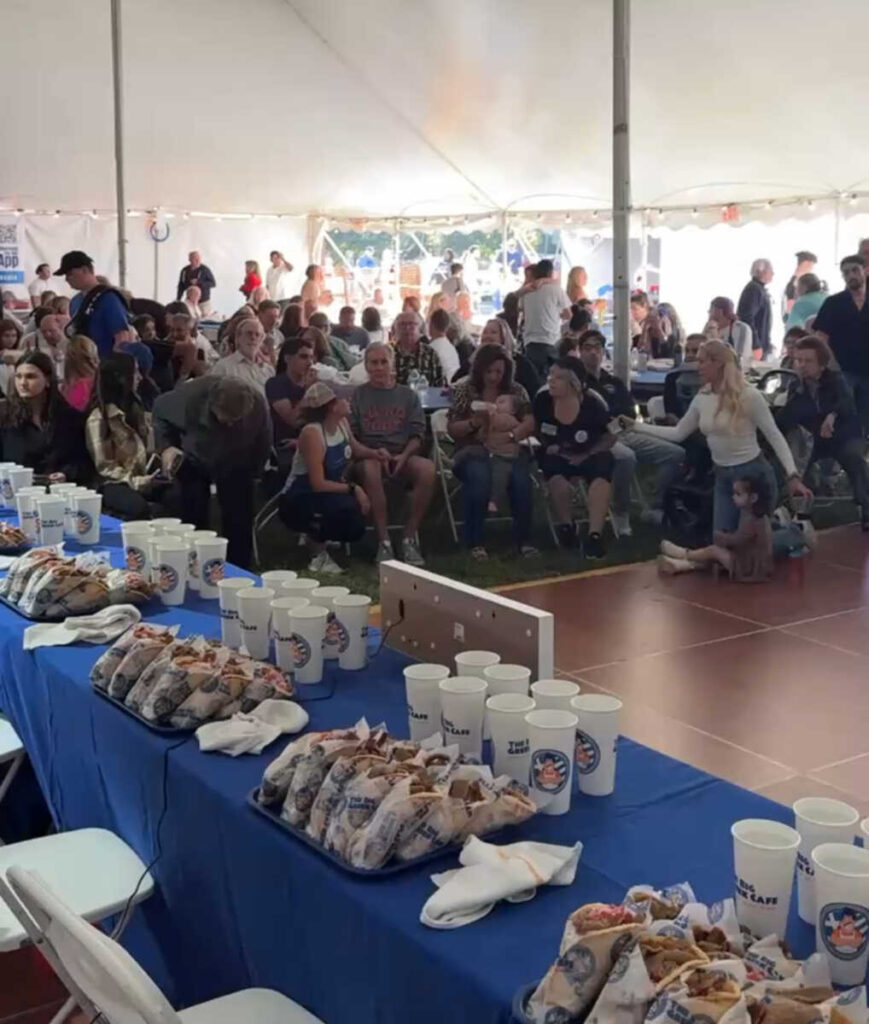According to the Maryland Department of Natural Resources, 62 white-tailed deer in 2024 had positive tests for chronic wasting disease (CWD). Elk, moose, and deer are all impacted by this neurological condition. Three deer in Montgomery County were discovered to have the disease, which helps with the region’s continued monitoring and management initiatives.
According to the Maryland Department of Natural Resources, in order to assist prevent the spread of chronic wasting illness, it is regulated within specific locations. The current management area, which consists of the counties of Allegany, Carroll, Frederick, Montgomery, and Washington, provided the majority of the positive samples in 2024. In 2025, the management area was extended to include all of Howard, Baltimore, and the previously stated counties after a positive case was discovered in Howard County.
Hunters in Montgomery County can visit the Wildlife and Heritage Service’s website to remain up to date on the latest rules and restrictions. Changes to the chronic wasting illness management section will also be included in the 2025 Maryland Guide to Hunting and Trapping, which will be available online.
To keep an eye on CWD in the deer population, the Department of Natural Resources regularly performs yearly surveillance and works with other states. These initiatives seek to prevent the spread of the disease, control the movement of deer carcasses, and inform hunters.
According to Karina Stonesifer, Director of the Wildlife and Heritage Service, chronic wasting illness is regrettably still spreading throughout Maryland as well as around the country and regions. In order to control the disease’s effects on the state’s deer population, the agency promises to keep a careful eye on it and offer trustworthy information.
More than 15,706 deer have been tested throughout Maryland since the start of the chronic wasting disease surveillance program in 1999. Following its initial confirmation in the state in February 2011, Maryland has joined West Virginia, Pennsylvania, and Virginia in reporting instances in the area. With these new results, Maryland now has 285 positive cases overall.
Although there are legitimate worries about CWD, locals shouldn’t let that stop them from hunting or eating deer. Hunters are cautioned to avoid eating meat from diseased animals and to remove specific portions during butchering, even though research indicates that the disease cannot be spread to humans.
Reporting deer that seem malnourished, unwell, or exhibit strange behavior is one way that the community can help. Another way hunters can help is by letting the department take tissue samples from deer that have been killed. Residents can visit the Maryland Department of Natural Resources website or call the department at 410-260-8540 for additional information.











